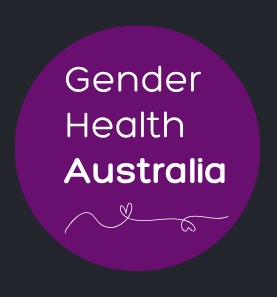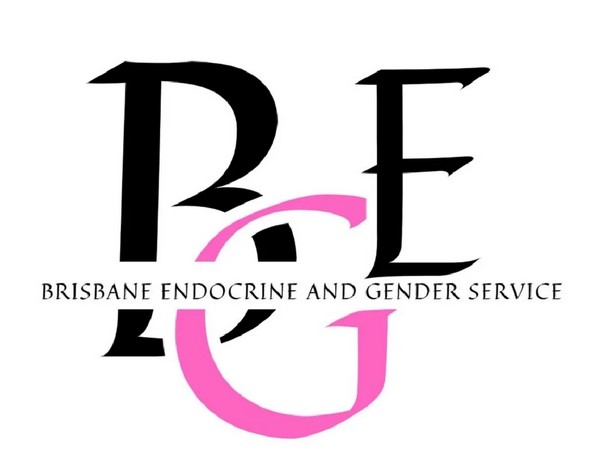Find a provider you can trust to support your journey
Looking for someone who understands your needs? Our Provider Finder makes it easier to connect with inclusive professionals who offer respectful, affirming support around sexuality, identity and wellbeing.
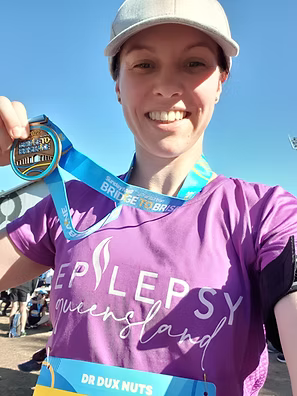






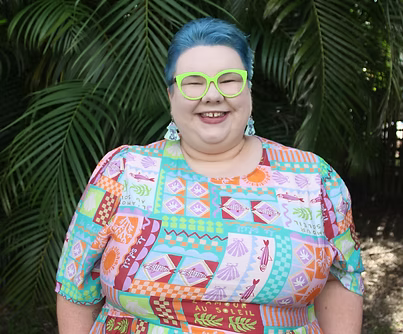
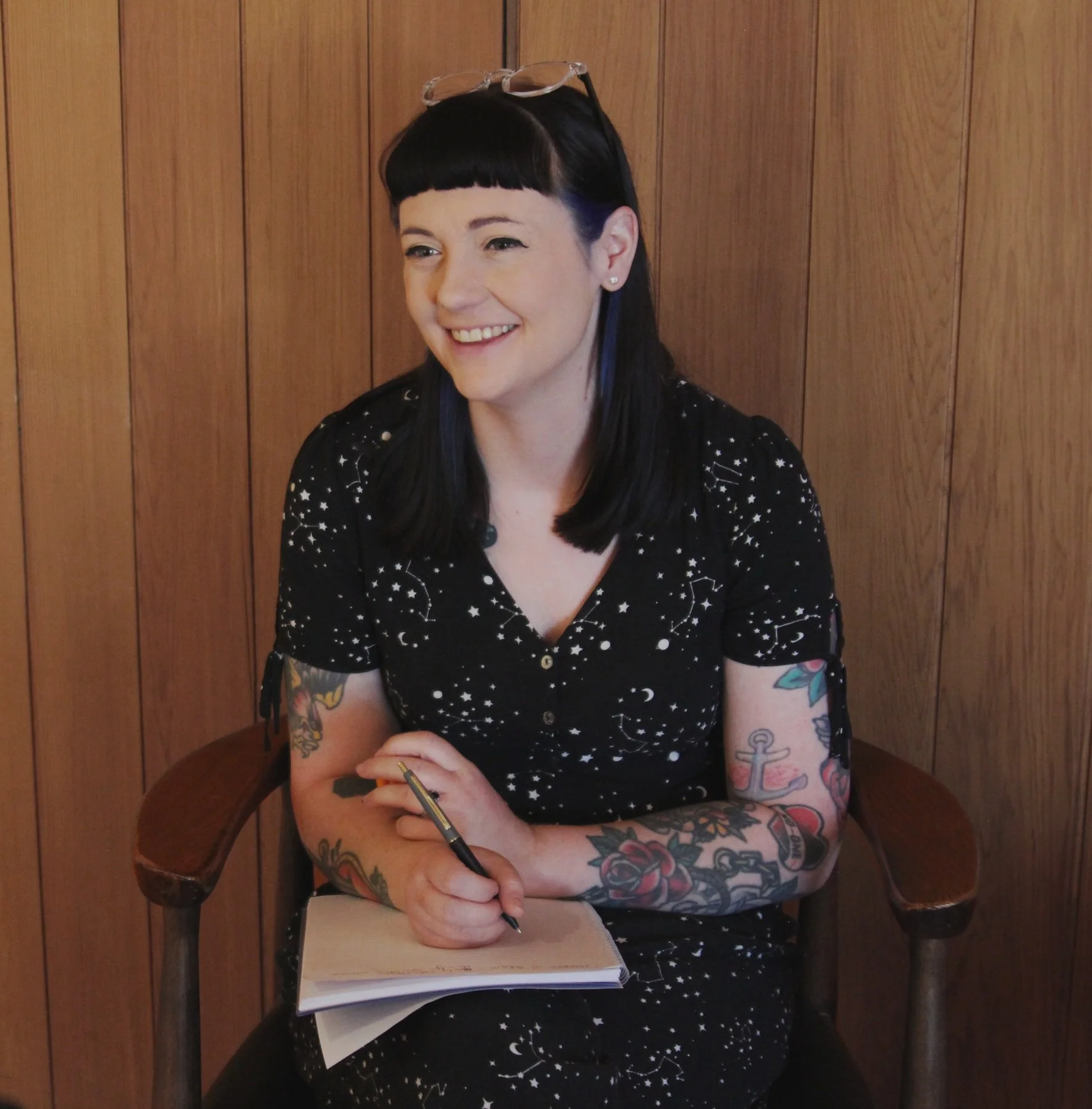





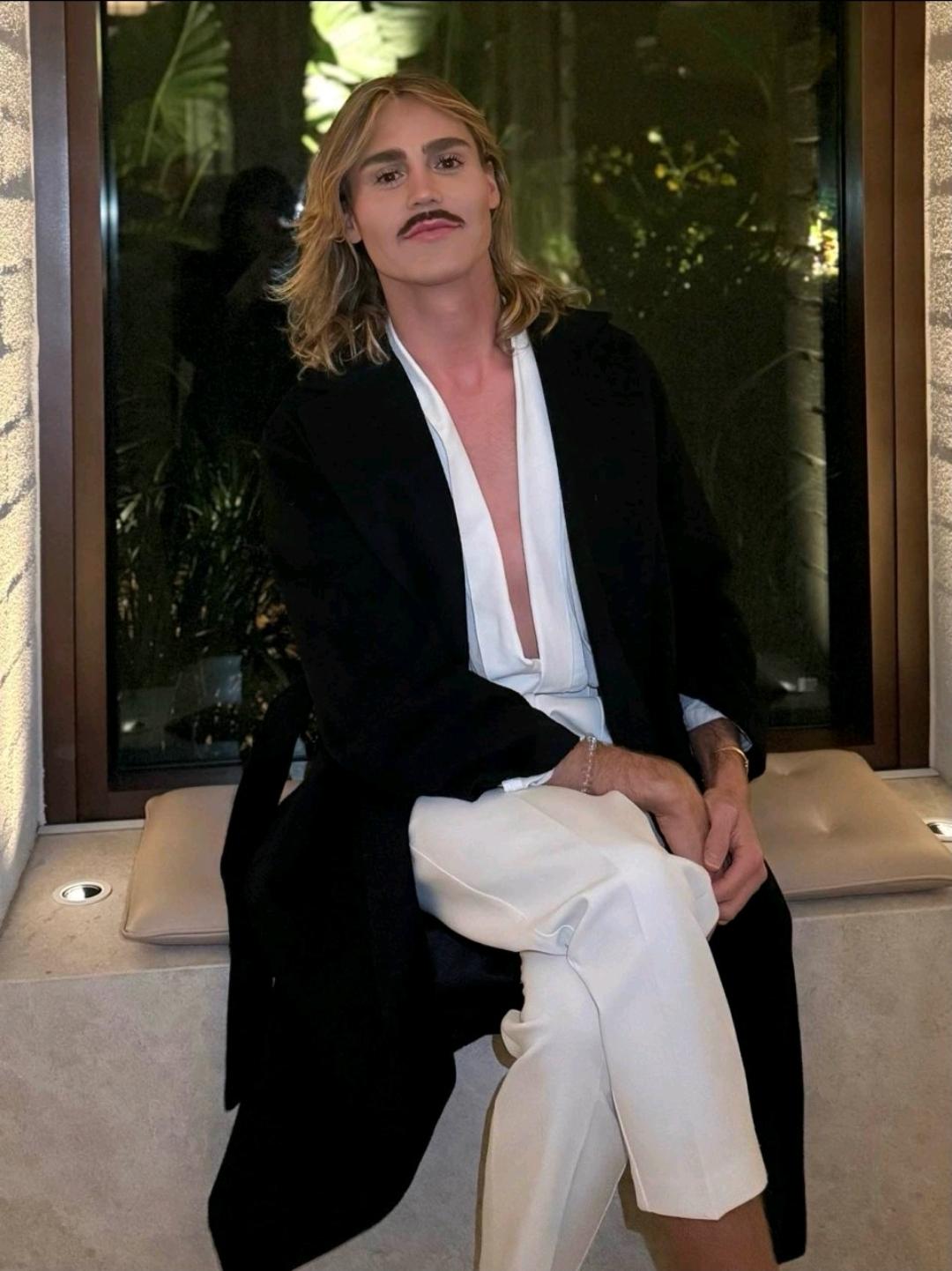


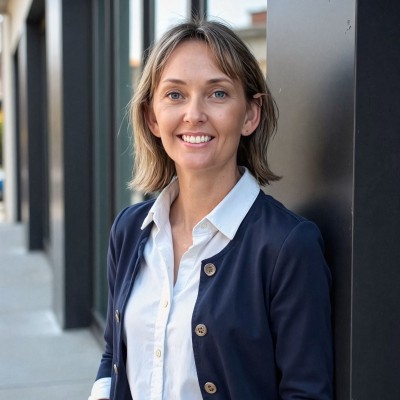
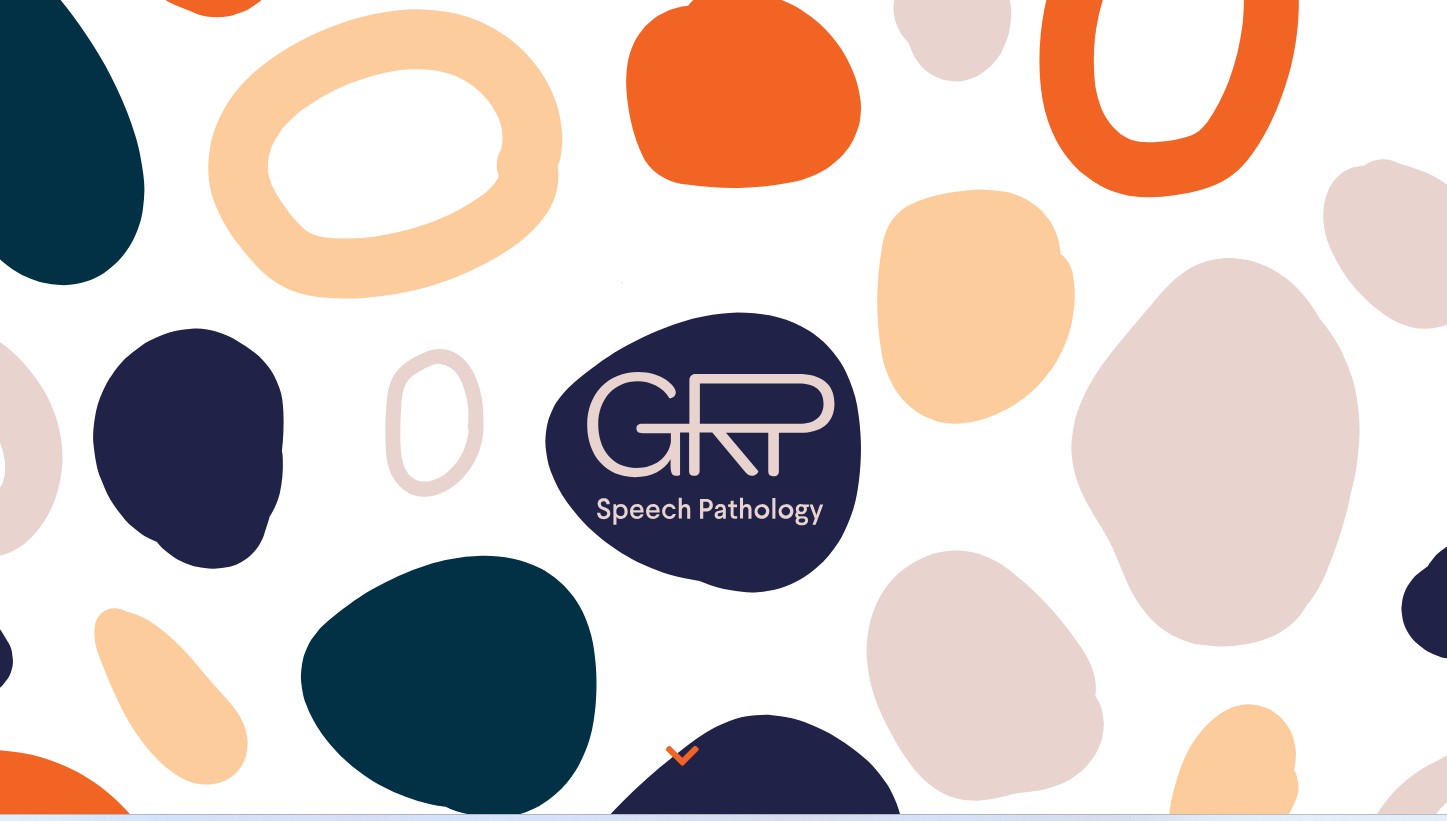
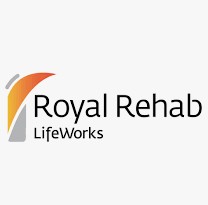
FAQs
Looking for more clarity before you reach out? Here are some common questions to help you feel more confident and informed.
Masturbation by itself when done privately, safely, and consensually, is not an incident under the NDIS. People with disability have the same rights to sexual expression, privacy, and bodily autonomy as anyone else. However, it can become an NDIS incident (and in some cases a reportable incident) depending on the context: 1. Not an incident - The person is masturbating in private and not causing harm to themselves or others. → This is a normal, healthy behaviour. Support workers should uphold the person’s privacy and dignity. 2. An incident - The behaviour happens in a public or shared space, or in front of others without consent. → This may be an incident because it could cause distress to others or indicate the person needs support or education about privacy and boundaries. 3. A reportable incident - If the behaviour involves harm, coercion, or lack of consent (for example, someone being touched without consent, or the person is being exploited), then it becomes a reportable incident under the NDIS Commission. Also, if a provider’s response to the behaviour involves the unauthorised use of a restrictive practice (like seclusion or restraint), that too must be reported. In summary: Masturbation isn’t automatically an incident. It’s only considered one if there’s harm, lack of consent, privacy violation, or inappropriate response from a provider.
Currently, NDIS funding does not cover sex workers or sexual services. However, it may fund related supports like sexual health education, psychological support, or occupational therapy related to intimacy or relationships.
This doesn’t automatically mean something is “wrong.” It may indicate the person needs: Support understanding privacy. Access to education about appropriate settings. Or sometimes, medical or emotional support if the behaviour is new or distressing. It should be handled respectfully, not punitively.
Absolutely. All people, regardless of ability, experience sexual feelings, attraction, and desire. Acknowledging and respecting these feelings is part of holistic wellbeing. Sexuality is a natural part of being human, and people living with a disability enjoy pleasure, intimacy, and relationships just as much as anyone else. Education, support, and adaptive strategies help navigate barriers.
Yes. There is a growing range of adaptive sex toys and assistive devices designed to make sexual activity and intimacy more accessible for people with physical, sensory, or cognitive differences. These tools aim to accommodate mobility limitations, sensory sensitivities, or difficulties with dexterity, allowing individuals to explore pleasure safely and comfortably.
Learn in a space where your questions are welcome
Join live sessions or watch on demand — all created by professionals who understand the real-world challenges of exploring sexuality, identity and connection.
- Sexuality & identity
- Consent & communication
- Relationships & intimacy
- Confidence & self expression
- Disability & sexual wellness
- Support & education for carers

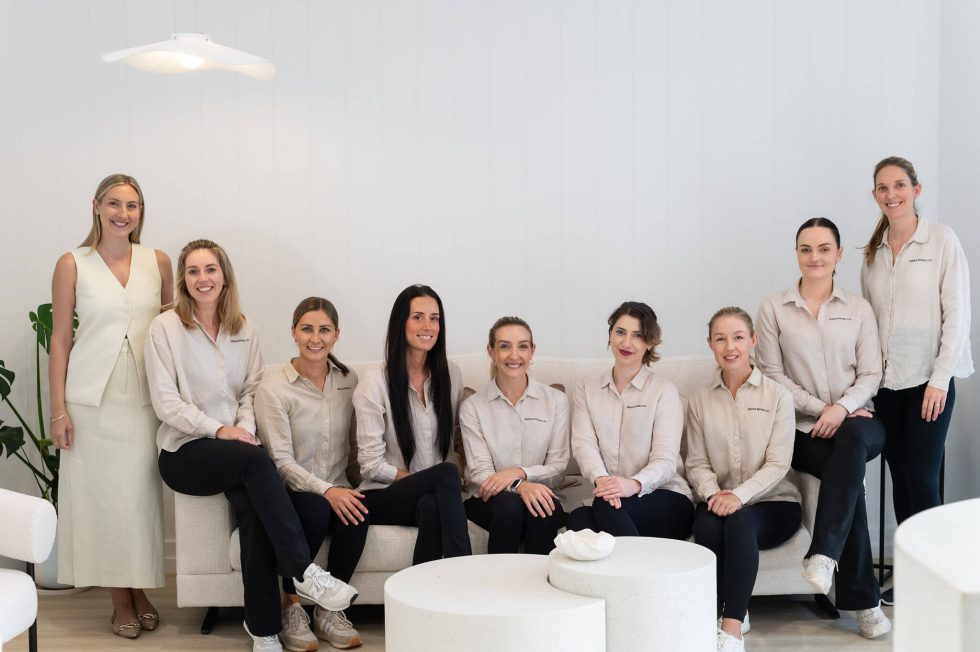
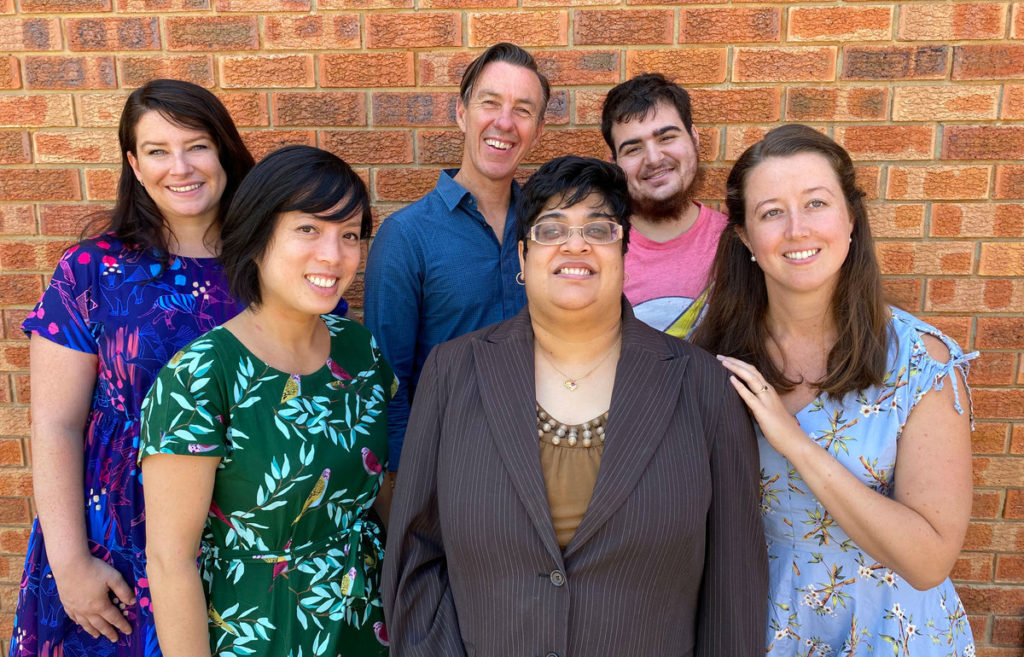
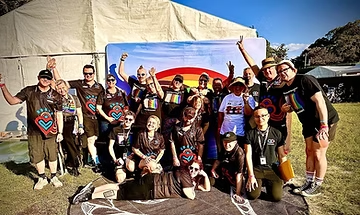
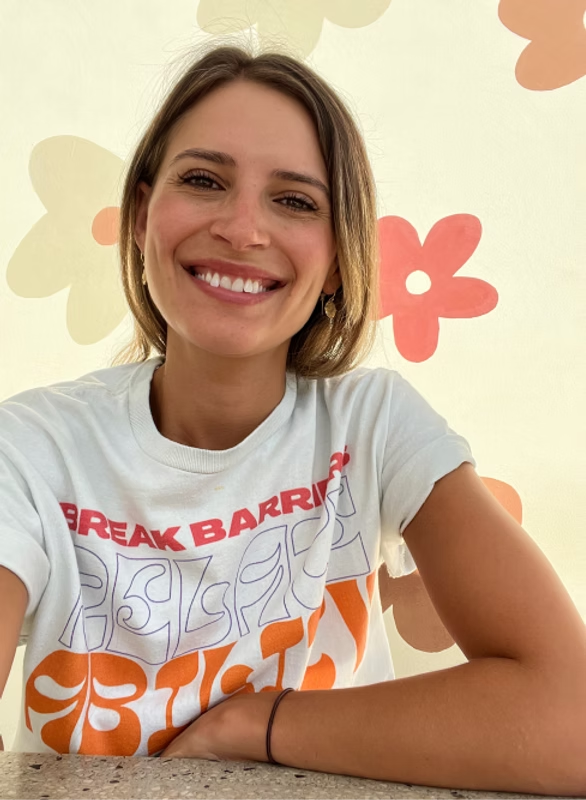
.png)

